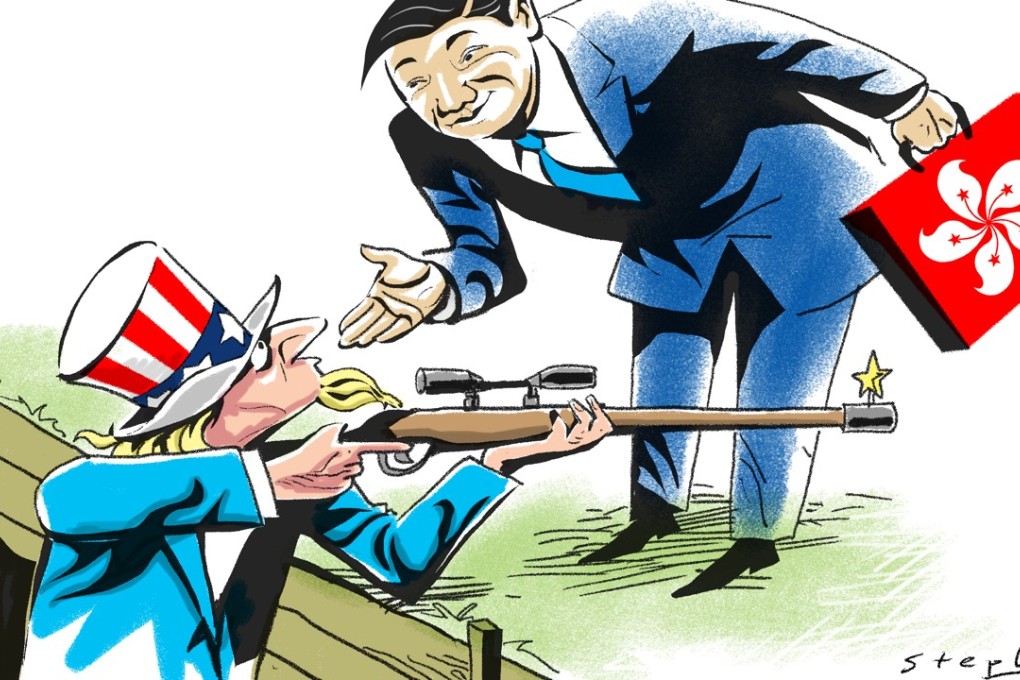Advertisement
The US is forgetting the differences between Hong Kong and China. Let’s remind them
Jack Lange and Tara Joseph warn that Hong Kong could easily have faced heavier sanctions from a US that no longer clearly sees its distinctions from the mainland. So it is vital for the government and business community to emphasise what makes it unique
Reading Time:4 minutes
Why you can trust SCMP

The escalating trade hostilities between the United States and mainland China pose a variety of risks to Hong Kong. But the sharpened focus on US-China relations also creates an opportunity for Hong Kong’s government and business community to draw attention to the city's unique values and strengths.
At this juncture – when the US’ appreciation of the distinctions between mainland China and Hong Kong is more important than ever, but shows signs of dimming in the fog of conflict – we cannot let that opportunity pass.
US policy is not being driven solely by the wilfulness of Donald Trump. A consensus has developed in the US that the US-China economic relationship has become severely unbalanced, and the reset button needed to be pushed. This largely results from cumulative impatience with the lack of progress on market access issues, and what is viewed as an intolerable disequilibrium in flows of advanced technology.
Advertisement
Trade surpluses and deficits dominate headlines but are just part of the story. Grievances about the lack of reciprocity in treatment of foreign investment, and both economic and national security concerns relating to technology transfers, absorb comparable amounts of attention in Washington, and are in many ways more complex and intractable.
There are widespread objections to Trump’s use of tariffs to address these issues. But the issues themselves are deep, structural and will not be resolved soon – even if Trump declares victory and moves on.
Watch: ‘Biggest trade war in economic history’ begins between US and China
Advertisement
Select Voice
Choose your listening speed
Get through articles 2x faster
1.25x
250 WPM
Slow
Average
Fast
1.25x